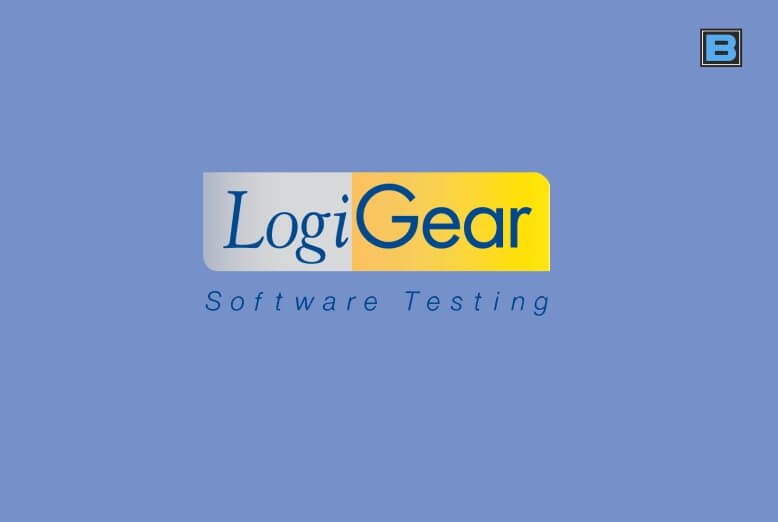In today’s highly competitive marketplace, business owners are constantly seeking new and innovative strategies to stand out from the pack and succeed. Private labeling has emerged as a powerful tool for individuals and businesses to differentiate themselves, build a solid brand identity, and capture a piece of the market share pie.
This short yet comprehensive guide will walk you through the process of private labeling products, from the beginning stages all the way to final execution. We hope this article will provide you with valuable insight and practical tips when it comes to navigating this process.
Understanding Private Labeling Practices
Private labeling involves the practice of sourcing products from manufacturers or suppliers and branding them with your own label or logo. So you can take an existing product and rebrand it as your own. This can help you to offer unique products to consumers without the need for manufacturing infrastructures to be present on your end.
Additionally, you can self-produce your own products and do the exact same thing mentioned above, just realize that this will take much more time, effort, and initial starting capital to establish.
Here’s how to start a successful private labeling endeavor, step by step.
1. Research and Identify Your Niche
Before going headfirst into private labeling, it’s crucial to do in-depth market research to determine viable products and product niches. Consider things like consumer demand, competition, profit margins, and emerging trends before settling in on a product line.
Also, look for consumer needs and products that potentially solve specific problems that they are facing. Google Trends, Amazon Best Sellers, and social media platforms are all great tools for developing insight into the needs and desires of your target market and any new trends to capitalize on.
2. Source Reliable Suppliers
Once you’ve settled on your niche, it’s time to move forward and find reliable suppliers of the product you wish to sell. Focus on serving up high-quality products but at competitive prices.
When evaluating potential suppliers, consider things like product quality, minimum order quantities, production capacity, lead times, pricing, and shipping costs.
Of course, if you are creating your own private label essential oil products, then you more than likely already have several key suppliers in mind to create your high-quality, holistic products. But this is still a crucial step in any private label business, not just essential oils.
3. Develop a Strong Brand Identity
Building a strong brand identity is crucial for a successful private labeling venture. Define your brand, values, mission, and personality, and communicate all of these aspects effectively via logos, packaging, and marketing materials.
If you aren’t able to conjure these things easily by your lonesome, then investing in a professional graphic designer or a branding service to help you create these visual assets is going to be key before moving on to the next step.
4. Customize Your Product
You must differentiate your private label line by adding unique designs, features, and packaging that closely align with your brand identity and the preferences of your target audience. You can use high speed label applicators to gain all these features.
Be sure to work closely with your supplier to customize your private label aesthetics accordingly, including materials, colors, sizes, and branding elements. Pay close attention to detail and ensure your product line stands clear from competitors while maintaining standards of quality and usefulness.
5. Create Compelling Packaging and Labeling
Packaging is key when attracting new customers and conveying the value of your private label products. Investing in high-quality packaging materials and eye-catching designer labels will help to reflect your brand’s aesthetic and communicate information to your potential customers in a direct yet wordless manner.
Consider things like durability, convenience, and environmentally conscious materials when designing the packaging of your private label brand in order to enhance your customer experience.
6. Establish Distribution Channels
Next is determining the best way to distribute your private label products based on your target market and business goals. Online marketplaces like Amazon, eBay, or Etsy are a great place to start if you don’t know where to begin. If you’re more ambitious, consider an e-commerce tool such as Shopify or Bigcartel, which allows you direct control over your own storefront and puts you in the driver’s seat.
7. Implement Marketing and Promotional Strategies
Develop a comprehensive marketing plan to promote your private label products and attract customers. Do this by utilizing a mix of online and offline marketing tactics, such as social media marketing, paid influencer partnerships, email marketing lists, content marketing and search engine optimization (SEO) techniques, and paid advertising.
It’s important to note that you must be able to interpret the analytics of each of these tactics in order to determine their usefulness to you and your business. Some private label companies might do best with word of mouth and a social media presence. Others might need more complex methods to get their brand out in the open. Your mileage may vary.
8. Performance and Adaptation Over Time
Always monitor the performance of your private label products and get feedback from your customers on ways to improve your business.
Stay adaptable and be prepared always to shift and make adjustments to your offerings based on marketing trends and consumer preferences. Having the capacity for innovation and the ability to re-focus at the drop of a dime can be the difference between a successful private label business and a failed one.
Create Beautiful Private Label Essential Oil Products Today
Private labeling gives business owners a great opportunity to create their brands and differentiate themselves from the competition. and profit via consumer demand.
If you follow the steps outlined in this guide, everything from conducting accurate market research to developing a strong and compelling brand identity and implementing market strategies accordingly, you can successfully maneuver the private labeling business process and create a unique brand that resonates well with customers.
Remember, consistency, quality, and customer satisfaction matter most when building a successful private-level business, especially in the essential oil field.
Also Read: 5 Areas Of Digital Marketing & How They Can Help Your Business




















